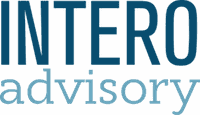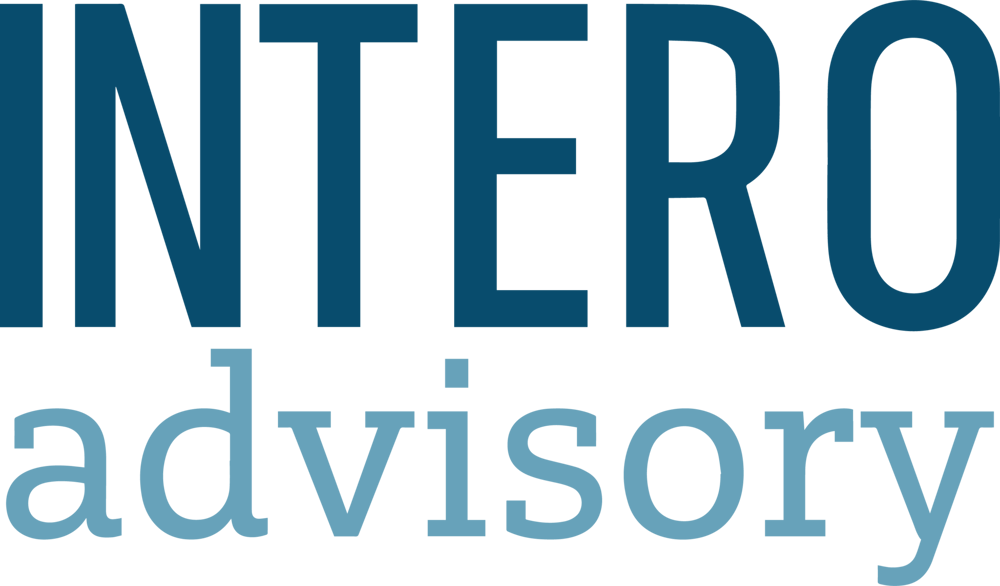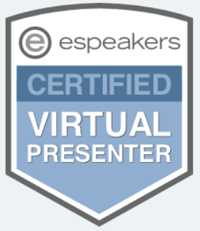Note: This post is intended for anyone who is interested in growing revenue. Yes, this means you. In a social world, everyone is in business development.
What if you are not in sales?
When I published Your 12-Month Social Sales Plan, I definitely had salespeople in mind but not exclusively. Everyone who talks with others, has a network, engages in any online platforms, networks, volunteers or is engaged in the world has the ability to influence others.
This holds true for those of us who work in business to business environments. Salespeople are more proactive in their outreach, it’s their job. For non-sales employees in a company, there may not be the direct activities that typically drive sales (research, initial contact, messaging, appointments, etc.) but there should be an awareness around who is in their network, the company’s value proposition, how to share information and introducing people to the salespeople.
When Matt Birkelien, CPA and CFO at First Financial Federal Credit Union sent me a note asking about a 12-month plan for the non-sales but socially-oriented on LinkedIn, I paused and wanted to know more about what he was thinking about.
I looked at Matt’s LinkedIn profile: (looks good) and his network (strong) and his recent activity (consistent, varied and not all about him or his credit union). I found three or four great updates that Matt had shared, liked or commented on that I then read and commented on.
I responded to Matt’s comment on my post and that led to a great conversation where I learned more about Matt and his business philosophy. Let’s be honest, CPAs aren’t usually the ones who want to be business developers. Maybe Matt’s different (most likely) but as he learned early in his career, there is power and influence beyond the numbers.
CM: Why LinkedIn?
MB: While I like to keep in touch with family and friends – I never really felt comfortable with Facebook or the other social media outlets – too much useless information or the information was small and outdated before I had a chance to digest it. I remember as a kid I wanted to be a drummer in a rock band or become an accountant. (Easy to see where ultimately landed considering I had virtually no talent on the drums). Upon graduating from Salisbury State University, I went directly into public accounting, earned my CPA and then it hit me – I needed to network and eventually “SELL.” While I rose through the ranks to become a Partner, it didn’t take me long to realize that networking and building a relationship was one major key to success.
CM: As someone who is not in business development directly, what is your primary purpose for using LinkedIn?
MB: I love to learn, help others grow and make valuable connections with those who are in my profession or have passions similar to mine. I left CliftonLarsonAllen LLP, a national top ten accounting firm, where I specialized in auditing and consulting with Credit Unions (professional passion). During those almost 20 years in public accounting, I would often connect with those I did business with (clients), those I believed I could help by working with them (prospects) and those who were associated with Autism and special needs (personal passion – my youngest is on the Autism Spectrum).
In late 2014, I was presented with an opportunity to become the CFO at an incredible Credit Union – First Financial Federal Credit Union, travel much less with reduced hours allowing me to spend more valuable time with my two sons and finally have the ability to help my fellow board members with Pathfinders for Autism, who help with resources for those impacted by Autism. It was the perfect trifecta!
I went dormant for a while after I left CLA. Then it dawned on me – it’s really every employee’s responsibility to get the word out to anyone and everyone about the benefits of working with our Credit Union – First Financial Federal Credit Union. Our CMO, Stephanie Peltzer, mentioned in a meeting that we need our membership to be evangelical. That holds true for our staff just as much. In addition, I think that many businesses and leaders can be reminded of how important it is to share with each other what we know, what we’ve learned and that businesses can help their bottom line by helping their employees and the community as a whole. Give to get.
CM: How do you use LinkedIn? What are the top three actions you take on LinkedIn regularly?
MB: I use LinkedIn every day. It’s funny, I’ve had a few colleagues I’ve not spoken to as often as I would like tell me they see how active I am. Eric Church, my CEO, told me recently his son joked that I was the king of LinkedIn.
I make that comment because it shows that by doing simple items such as “liking” someone’s post or share; commenting to let the person know you appreciated the time it took them to provide content; sharing others’ posts or posting a couple of items of interest really do help you get seen. I’ve met some amazing folks that I would never have met had it not been for LinkedIn.
Every day, I “like” something I read; not for the sake of “liking” but to let folks know I appreciated the content; I comment to someone via a post when it feels right or have side conversations via the internal messaging system.
Finally, I try to find people I’ve met at conferences, meetings, etc… and connect with them with a personalized message. As a side note – I wish people would let me know their intentions when inviting me to connect or at least how they noticed my profile.
CM: I notice you comment and share other people’s posts. How do you decide what to comment on and share?
MB: It’s a great question that I was asked by someone fairly new to LinkedIn. I recently read a post by Michael Bluemling, Jr. (MHR) where he talked about an “ah-ha” moment – a moment he finally seemed to digest a message. When I finished reading – it hit me that I had just come from a conference hosted by ALM First Financial Advisors and I had that same exact feeling. He broke down his reasons why it was finally digested. It just fit. So I shared it. That’s the best way to describe it – with a real life event.
CM: How do you think organizations could better use LinkedIn for recruiting, business development, thought leadership, and perhaps, even customer service? How would you order the priority of these areas?
MB: I think recruiting is clearly a no-brainer. It’s a professional media outlet designed by professionals for professionals. I do, however, dismiss the notion that it’s only for that purpose. If someone is going to leave, LinkedIn may help facilitate, but the reason they are leaving isn’t because of LinkedIn. I won’t go into that because we could spend hours talking about the reasons employees leave.
Business Development is a key to the survival of any organization – both for profits and nonprofits must bring in money or they won’t survive. It’s simple. While LinkedIn could be viewed as more of a B2B – awareness is something important that is missed. If you consistently see messages about what First Financial Credit Union can do to help educate your children on finances, provide you convenient and satisfying self-service or hand holding customer service, help save you money on your mortgage, car or other loans while earning you more on your savings – it’s going to make you think twice in the future.
Oh yeah, and thought leadership. Maybe the term is overused nowadays, but the fact is – if you or your company just repurposes previous material, it won’t take long for the folks we all provide a service or a widget to to ignore. Once upon a time, a boy cried wolf and nobody cared. When they should have.
CM: What three attributes do you consider critical for finance, operations, and HR professionals on LinkedIn?
MB: Curiosity, personal/professional growth, and Passion.
Curiosity – perhaps it’s the former auditor in me but I like to ask questions, always have. Why is something performed a certain way, what made someone choose a career path, how can I be better at what I do for myself and others?
Personal/Professional Growth – I added personal into the mix because you can and should continue to grow personally just as much as you need to professionally. The world isn’t slowing down while we try to catch up. We must continue to learn. It sure was easier years ago – but we don’t live that way anymore. We must adapt and the best way to adapt is to be curious and grow our minds.
Passion – If my colleagues and friends read this – they may roll their eyes – but I truly believe you must have some passion to do a job. We can all argue that every job isn’t glamorous but, (and maybe it isn’t what you dreamt when you were a kid) like the book by Mark Sanborn, “The Fred Factor,” each of us can make a difference if we add a little passion to our jobs.
*end interview*
Just like our conversation with Matt Collins in “3 Attributes of a Social Sales Rock Star,” Matt’s comments illustrate how one person can make a difference, become an evangelist, an authentic and natural connector: the key soft skills every company should be looking for in all of their employees.
Your employees need guidance and coaching on how to best become influencers and engaged networkers. If you need help with the strategy and the coaching, call us.


